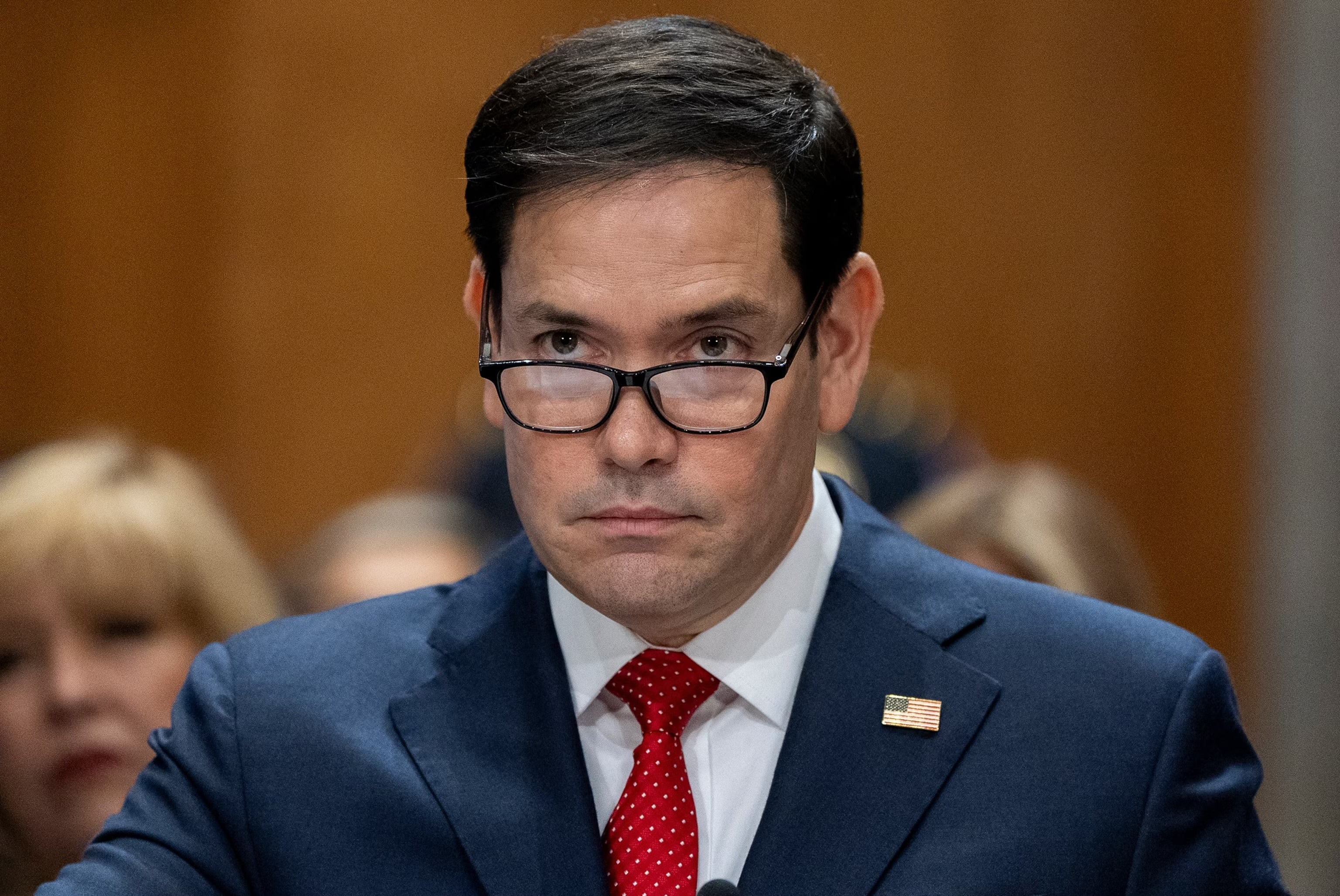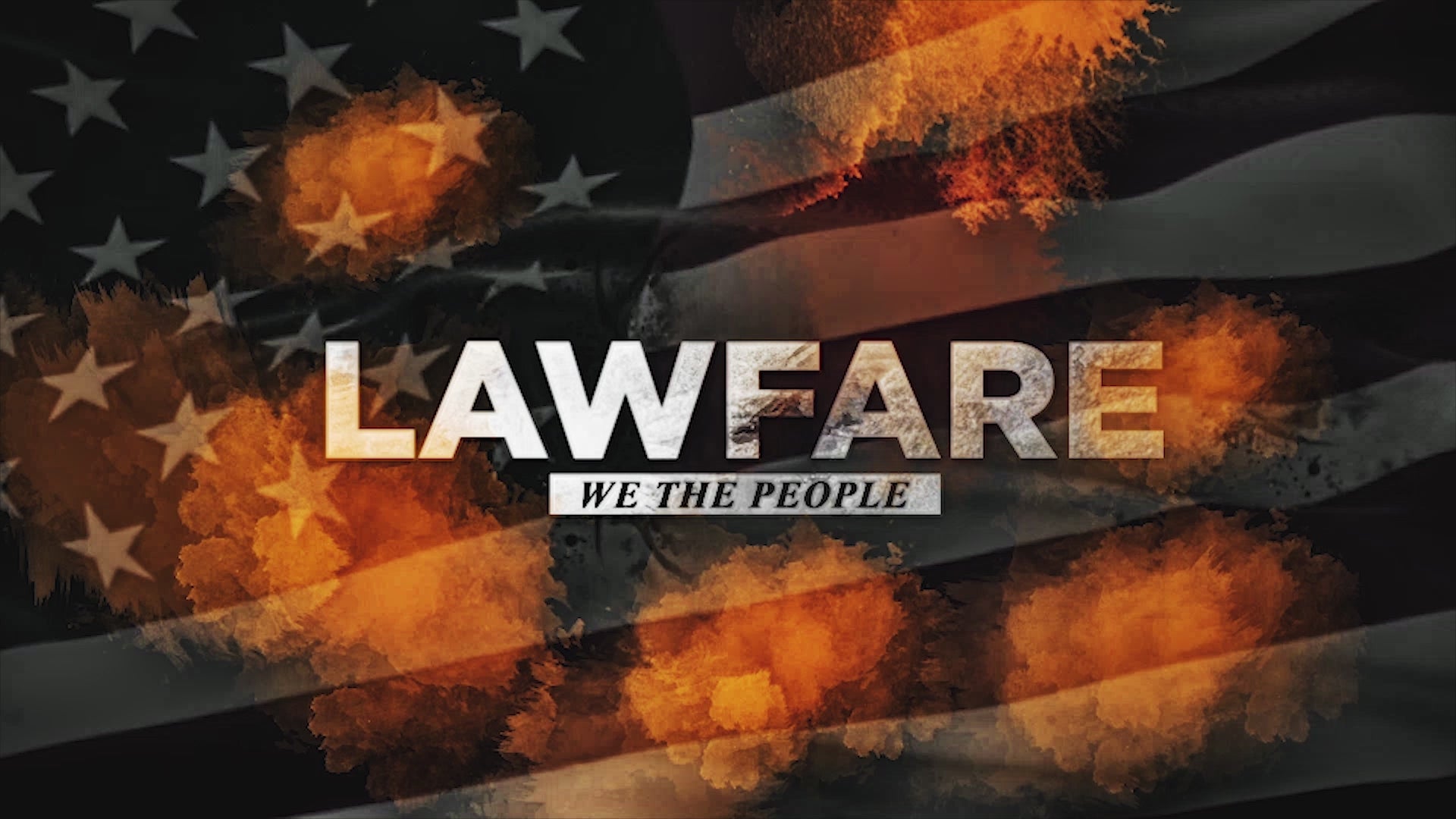In the wake of conservative activist Charlie Kirk’s shocking assassination on September 10, 2025, during a Turning Point USA event at Utah Valley University, the United States has plunged into a fierce debate over free speech, immigration, and national grief.
Kirk, a 31-year-old firebrand who co-founded the youth conservative group and became a close ally of President Donald Trump, was gunned down by a sniper from a nearby rooftop, an act authorities described as a politically motivated execution. Thousands mourned him as a “martyr for freedom,” with Trump posthumously awarding him the Presidential Medal of Freedom on October 14—Kirk’s would-be birthday.
But amid the tributes, a darker undercurrent emerged: social media flooded with foreign nationals openly celebrating his death, mocking the tragedy, or even wishing similar fates on other Americans.
The Trump administration’s response has been swift and unyielding. On October 14, the State Department announced it had revoked the visas of at least six foreigners—hailing from Argentina, South Africa, Mexico, Brazil, Germany, and Paraguay—for posts deemed to “celebrate the heinous assassination.”
In a series of stark X posts, the department shared redacted screenshots of the offending comments, ending each with the chilling words: “Visa revoked.” One Argentine user reportedly wrote that Kirk “devoted his entire life spreading racist, xenophobic, misogynistic rhetoric” and “deserves to burn in hell.” A South African mocked grieving Americans, calling Kirk’s rally an “astroturf movement of white nationalist trailer trash.” A Paraguayan quipped that Kirk was a “son of a b****” who “died by his own rules.” These weren’t isolated rants; they represented a wave of vitriol that officials say crossed from distasteful opinion into a direct threat to American values.
Secretary of State Marco Rubio, in a September Fox News interview, laid out the policy bluntly: “If you are here on a visa and cheering on the public assassination of a political figure, prepare to be deported.” Deputy Secretary Christopher Landau amplified the call, urging social media users to report suspicious posts and directing consular officials to scour accounts for “praising, rationalizing, or making light of” the killing. Vice President JD Vance went further, hosting Kirk’s podcast posthumously to encourage listeners to “call their employer” on anyone—foreign or not—celebrating the death.
The administration has leaned on expanded social media vetting, powered by AI, a tool ramped up since Trump’s January inauguration. This isn’t new; earlier this year, over 6,000 student visas were yanked from pro-Palestinian activists, and high-profile cases include expelling South Africa’s ambassador for Trump critiques and barring Palestinian President Mahmoud Abbas from the UN General Assembly.
At its core, the policy invokes Section 212(a)(3)(C) of the Immigration and Nationality Act, which allows visa denials or revocations for foreigners whose presence could have “potentially serious adverse foreign policy consequences” or who engage in activities threatening U.S. security. Proponents argue that glorifying assassination isn’t protected speech—it’s a red flag for radicalism that endangers the host nation. “The United States has no obligation to host foreigners who wish death on Americans,” the State Department declared in its X thread.
Trump and Rubio, it added, “will defend our borders, our culture, and our citizens by enforcing our immigration laws. Aliens who take advantage of America’s hospitality while celebrating the assassination of our citizens will be removed.”
For short-term visitors on B-1/B-2 tourist or business visas, revocation is straightforward: a quick administrative decision, often without appeal, leading to immediate departure or denial at the border. The department is reportedly reviewing all 55 million active U.S. visas for similar violations, a massive undertaking fueled by public tips and algorithmic scans.
Yet, as the dust settles on these six high-profile revocations, a profound tension arises—one that strikes at the heart of America’s founding principles. Culturally, cheering the death of Charlie Kirk, a law-abiding citizen whose only “crime” was wielding words as a weapon in the culture wars, is utterly repugnant. Kirk wasn’t a violent criminal; he was a debater, a provocateur who railed against “woke” campuses and championed Trumpian conservatism.
To gloat over his sniper’s bullet isn’t just tasteless—it’s a dehumanizing echo of the very tribalism Kirk fought. It erodes the shared humanity that should bind us, turning political disagreement into bloodlust. In a nation born from revolution, we expect robust dissent, but dancing on a grave? That’s the stuff of barbarians, not civilized discourse.
Legally, however, this revulsion slams headlong into the First Amendment, which safeguards “freedom of speech” for all persons in the U.S., citizen or not. The Supreme Court has long affirmed that non-citizens enjoy constitutional protections once on American soil—think Bridges v. Wixon (1945), where the Court struck down deportation for a labor leader’s “subversive” writings, or Zadvydas v. Davis (2001), curbing indefinite detention of immigrants. Speech, even the odious kind, is presumptively protected unless it incites imminent lawless action (Brandenburg v. Ohio, 1969). Cheering an assassination after the fact? That’s expression, not a Molotov cocktail. As the ACLU warned in a statement post-announcement, these revocations risk “chilling global discourse” and setting a precedent for punishing viewpoint over violence.
Immigration attorney Eric Lee of the Consular Accountability Project has offered pro bono defense to affected individuals, vowing challenges in federal court for violating due process.
The user’s query nails a critical nuance: not all visas are equal, and protections vary wildly. Tourist or short-term visa holders (like B-1/B-2) have minimal safeguards—their stay is a revocable privilege, not a right. The administration can boot them administratively, no judge required, under the “plenary power” doctrine giving Congress and the executive broad immigration latitude (Kleindienst v. Mandel, 1972). But long-term holders—think H-1B work visas, F-1 student visas, or green card paths like EB-5 investors—fare better. Revocation demands “clear and convincing evidence” of ineligibility, often tied to criminal grounds under the Act. And here’s the rub: it must be a deportable offense, like a misdemeanor, but only if it’s “constitutional.”
What does “constitutional” mean here? Precisely what the query highlights: charges like disorderly conduct or disturbing the peace don’t count. They’re classic First Amendment infringements, vague statutes weaponized to silence assembly, protest, or “offensive” speech (Cohen v. California, 1971, protecting “Fuck the Draft” jackets; Texas v. Johnson, 1989, upholding flag-burning).
To deport on speech grounds, the misdemeanor must involve unprotected categories—true threats, obscenity, or fighting words—not mere celebration. Even then, conviction requires a jury of peers in a fair trial, with full due process: Miranda rights, counsel, and appeal. No shortcuts. The administration can’t just point to a tweet and declare “deport”—not for permanent residents or long-stayers. Courts have overturned such moves, as in Reno v. American-Arab Anti-Discrimination Committee (1999), shielding selective enforcement claims.
This distinction matters. Among the six revoked, most appear to be short-term or pending applicants, sidestepping heavier protections. But if a long-term visa holder like a Brazilian comedian with an O-1 artist visa (as in Tiago Santineli’s case) fights back, expect lawsuits alleging viewpoint discrimination.
Critics like David Axelrod decry the irony: Kirk, a free-speech warrior, now inspires a policy that could muzzle dissenters abroad.
Free-speech groups fear a slippery slope—today it’s assassination cheers; tomorrow, it’s policy critiques.
As October 20 dawns, with Kirk’s memorials still fresh, this saga underscores America’s eternal tightrope: honoring the dead without gutting the rights of the living. The Trump team’s message is clear—America’s welcome mat doesn’t extend to death-wishers. But in enforcing it, they must tread carefully, lest they trade one tragedy for a broader erosion of liberty. Cheering murder is disgusting, yes. But in the land of the free, even the vile get their day—unless they’re just passing through. The courts will decide if this crackdown honors Kirk’s memory or haunts it.










Share:
Nick Fuentes’ Spotify Surge: A Snapshot of Popularity, Censorship, and Shifting Free Speech Tides
Cartel Bounties on the Line: Mexico’s Narco-Terror Escalates Against U.S. Agents